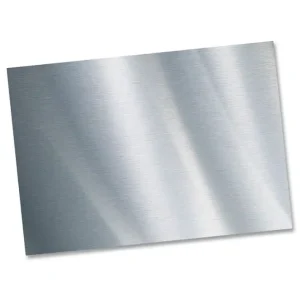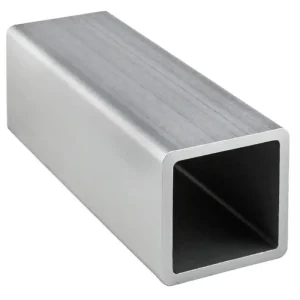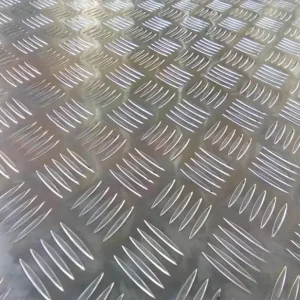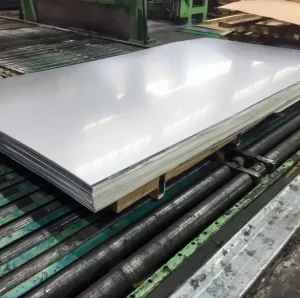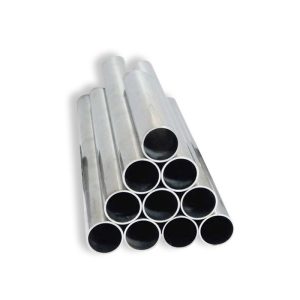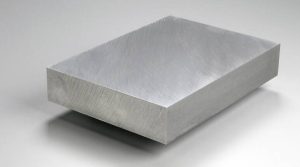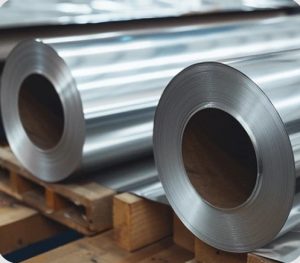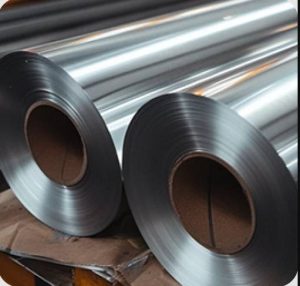Understanding Chemical Coatings for Aluminum Coils
Chemical coating for aluminum coils is a critical industrial process designed to enhance the material’s properties, primarily for improved corrosion resistance, paint adhesion, and aesthetic appeal. This process involves applying one or more layers of chemical treatments or organic coatings to the aluminum surface in a continuous operation.
Types of Chemical Coatings and Treatments
Several types of chemical treatments and coatings are applied to aluminum coils, broadly categorized into pretreatment and organic coatings:
- Pretreatments (Conversion Coatings): These are chemical treatments that modify the aluminum surface to improve corrosion resistance and prepare it for subsequent painting. Common types include chromate conversion coatings (though increasingly being replaced by more environmentally friendly options) and non-chromate alternatives like titanium-zirconium based treatments. Proper pretreatment is fundamental for the longevity of the final coated product.
- Organic Coatings: These are paint systems applied over the pretreated aluminum. The choice of organic coating depends heavily on the end-use application. Popular options include:
- Polyester (PE): Offers good weather resistance and a wide range of colors at a competitive cost. Suitable for general exterior and interior applications.
- Polyvinylidene Fluoride (PVDF): Known for its excellent weatherability, UV resistance, and color retention, making it ideal for architectural applications requiring long-term durability. Some suppliers, like Shanxi Luokaiwei Steel Company, might emphasize PVDF for high-performance projects.
- Epoxy Resins: Provide excellent chemical resistance and adhesion, often used as primers or for specific industrial applications where exposure to chemicals is a concern.
- Polyurethane (PU): Offers good abrasion resistance and flexibility.
The Coil Coating Process
The chemical coating of aluminum coils is a highly controlled, continuous process typically involving the following stages:
- Cleaning and Degreasing: The aluminum coil is thoroughly cleaned to remove oils, grease, and any surface contaminants.
- Rinsing: Multiple rinse stages ensure all cleaning agents are removed.
- Chemical Pretreatment: The conversion coating is applied to passivate the aluminum surface and promote adhesion.
- Rinsing and Drying: The coil is rinsed again and then thoroughly dried.
- Primer Application (Optional): A primer may be applied to further enhance corrosion protection and adhesion, particularly for demanding environments.
- Topcoat Application: The final organic coating (e.g., PE, PVDF) is applied, typically via roll coating, to achieve a uniform film thickness.
- Curing: The coated coil passes through an oven where the paint is cured at a specific temperature and time, ensuring proper film formation and adhesion. Companies like Shanxi Luokaiwei Steel Company often invest in precise curing technologies for consistent quality.
- Cooling and Quality Control: The coil is cooled, and various quality checks (e.g., color, gloss, thickness, adhesion, flexibility) are performed before recoiling.
Key Benefits of Coated Aluminum Coils
Chemically coated aluminum coils offer numerous advantages:
- Enhanced Corrosion Resistance: The primary benefit, protecting the aluminum from environmental degradation.
- Improved Adhesion: Ensures the paint layer remains bonded to the aluminum surface, preventing peeling or flaking.
- Aesthetic Versatility: Available in a vast array of colors, gloss levels, and textures.
- Increased Durability: Extends the service life of the aluminum product.
- Formability: Coated coils can often be formed, bent, and fabricated without damaging the coating, offering design flexibility. This is a key consideration for clients of Shanxi Luokaiwei Steel Company involved in complex fabrications.
Common Applications
The versatility of coated aluminum coils makes them suitable for a wide range of applications:
- Building and Construction: Roofing, wall cladding, facades, rain gutters, window frames, and ceilings.
- Transportation: Automotive components, trailer bodies, marine applications.
- Appliances: Refrigerator panels, washing machine casings.
- Signage and Displays: Durable and weather-resistant signage.
- Packaging: Cans and containers.
Choosing the right coating system is crucial and often involves consultation with experienced suppliers. For instance, Shanxi Luokaiwei Steel Company can provide guidance on selecting appropriate coatings based on specific project requirements and environmental conditions. The quality of the base aluminum coil itself also plays a significant role in the final product’s performance, a factor that reputable manufacturers always emphasize.
Ultimately, chemical coating transforms aluminum coils into highly versatile and durable materials, suitable for a multitude of demanding applications across various industries. Careful selection of the coating system ensures optimal performance and longevity for the end product. Working with knowledgeable suppliers, perhaps even entities like Shanxi Luokaiwei Steel Company, can be beneficial in navigating these choices.



